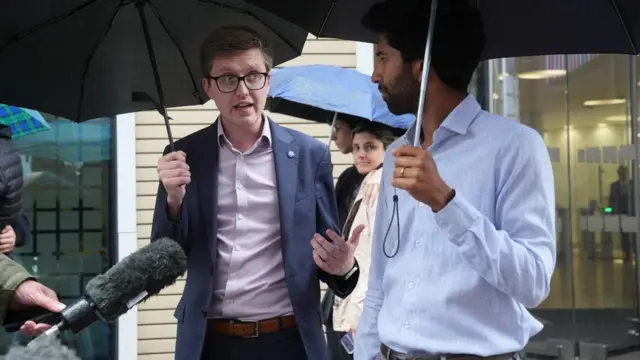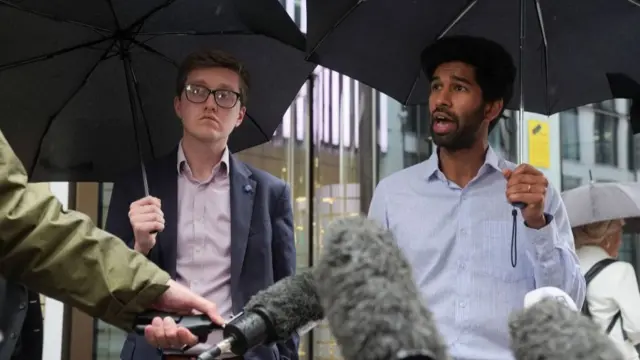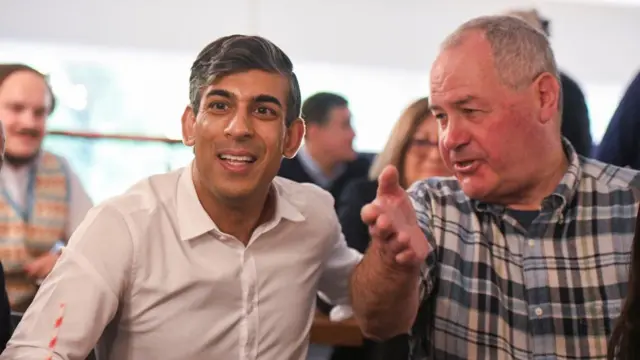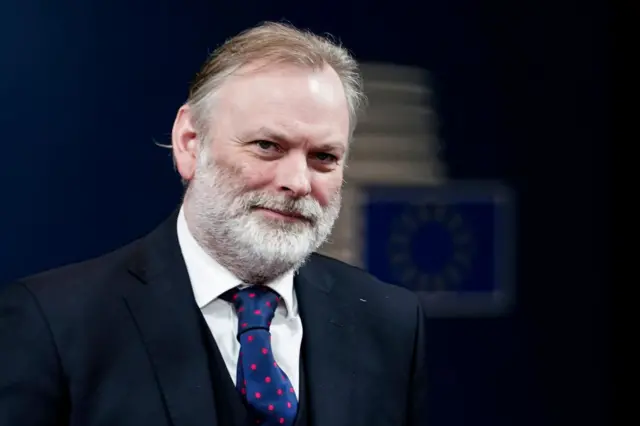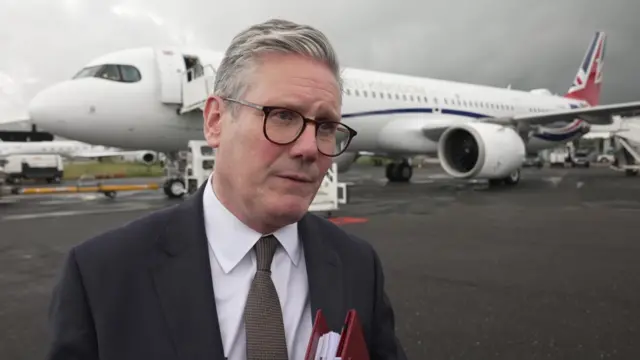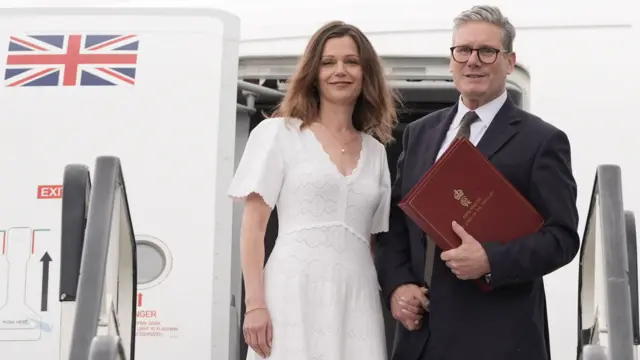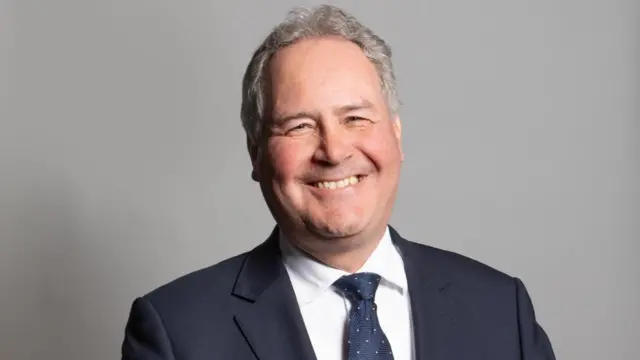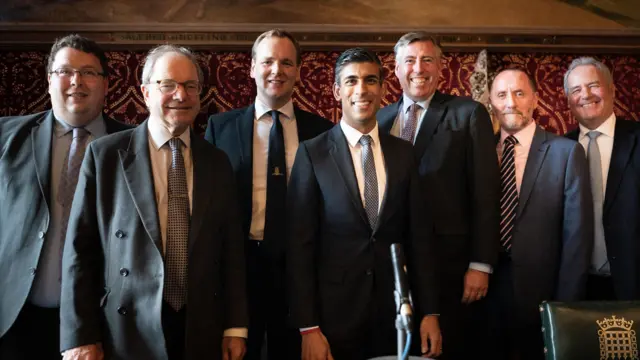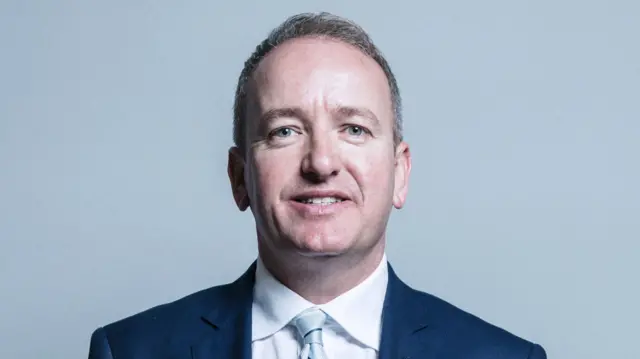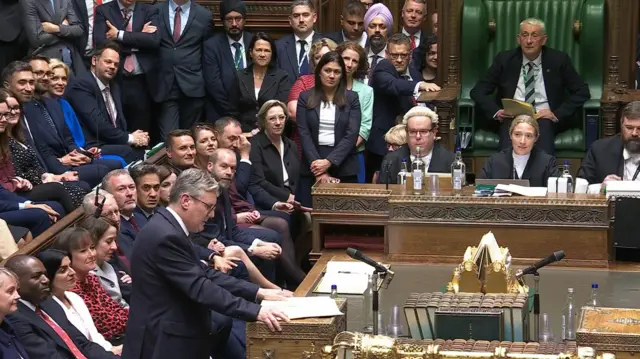Out with the old, in with the newpublished at 20:12 BST 9 July 2024
 Emily Atkinson
Emily Atkinson
Live page editor
Past and future collided today as Parliament returned for the first time since the general election.
There was a new Labour government and a new Conservative opposition, sitting on the opposite benches to those we have grown accustomed to seeing them populate.
The result was a vision of Parliament unlike any we have had for 14 years, which MPs old and new gathered to create in a ceremony steeped in centuries-old tradition.
In historic terms, it was quite a day - and you can watch how it all unfolded here:
New Parliament, old traditions... watch the opening day in 55 seconds
Otherwise, that's it from us. You can read more about the key moments here.
This page was written by Gabriela Pomeroy, Adam Durbin, Seher Asaf, Ece Goksedef and Thomas Mackintosh and was edited by Jack Burgess, Johanna Chisolm, Emily Atkinson, Aoife Walsh, Marita Moloney and Sophie Abdulla.




